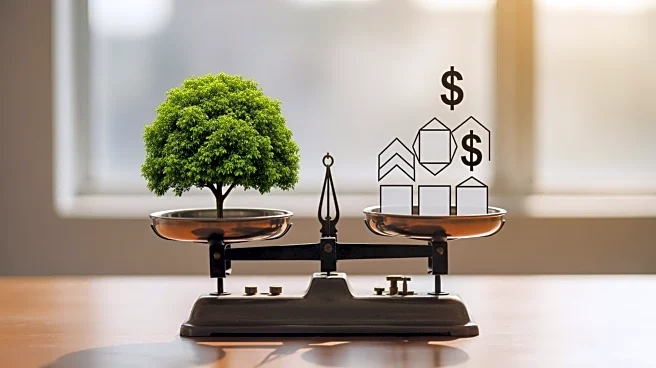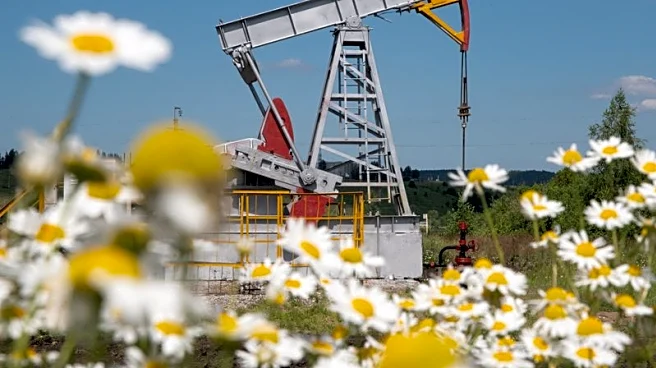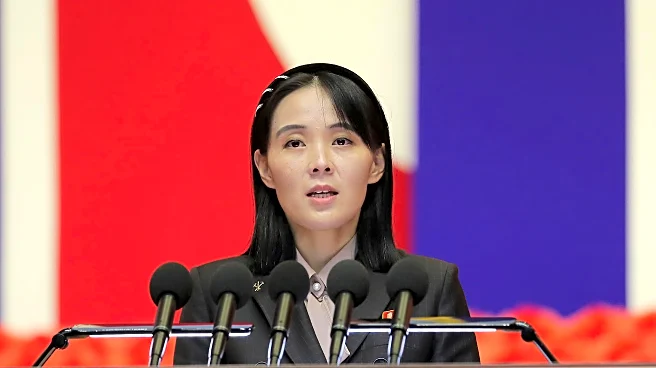What's Happening?
The concept of degrowth is gaining traction as a movement aimed at intentionally reducing global resource consumption to achieve ecological sustainability and social justice. Degrowth challenges the traditional
notion of economic growth, which often fails to enhance societal happiness or fulfillment. According to a 2023 report by The Club of Rome, GDP growth beyond a certain point has increased inequality and led to environmental tipping points. The movement encourages a shift from constant expansion to prioritizing collective wellbeing, equity, and ecological balance. Degrowth principles are rooted in ancestral values practiced by communities in the Global South and Indigenous nations, emphasizing harmony and interdependence. The movement has evolved from academic roots to a broad social initiative, with advocates convening in events like DeSchool in Chicago to discuss strategies and priorities.
Why It's Important?
Degrowth is significant as it offers a framework to address the environmental and social challenges posed by the current capitalist economy. The movement aims to mitigate climate-related disasters, such as wildfires and hurricanes, by supporting community efforts and promoting a global framework for sustainability. By focusing on ecological limits and social justice, degrowth seeks to prevent disasters at their root level, curbing extractive economic activities that heighten hazard exposure and vulnerability. The movement advocates for a dual power framework, combining centralized cooperation with local responses to manage common-pool resources effectively. This approach aims to create smaller-scale economies that meet human and ecological needs, challenging the fossil fuel industry and promoting community self-management.
What's Next?
The degrowth movement continues to evolve, with opportunities for learning and engagement through educational programs, business incubators, and research networks. Advocates are working to implement a just transition by challenging destructive industries, building mutual aid networks, and developing community-owned businesses. The movement emphasizes the importance of local preparedness and collective ownership to respond to ecological and social crises. As disasters multiply, society faces a choice between managed downscaling centered on justice or unmanaged collapse that multiplies harm. Degrowth offers a path to redesign the global economy to foster sustainable human wellbeing for future generations.
Beyond the Headlines
Degrowth is not just a theoretical concept but a lived practice that integrates ecological sustainability and social justice. It confronts the unequal exchange between the Global North and Global South, aiming to create an equitable global economy that respects planetary limits. The movement challenges the dominant paradigm of perpetual growth, advocating for a reimagining of prosperity that centers collective wellbeing and ecological balance. By contextualizing climate change among other planetary boundaries, degrowth provides a broader framework for understanding sustainability and preventing irreversible damage.












